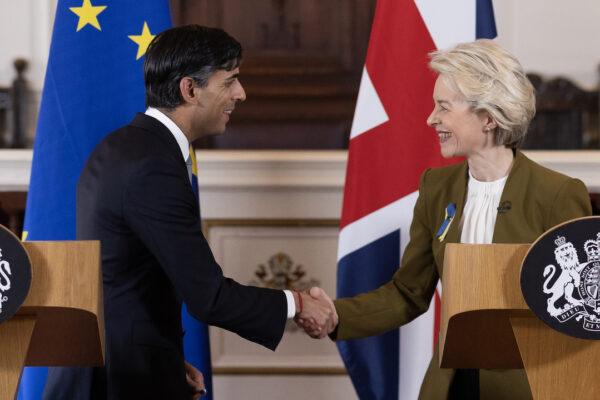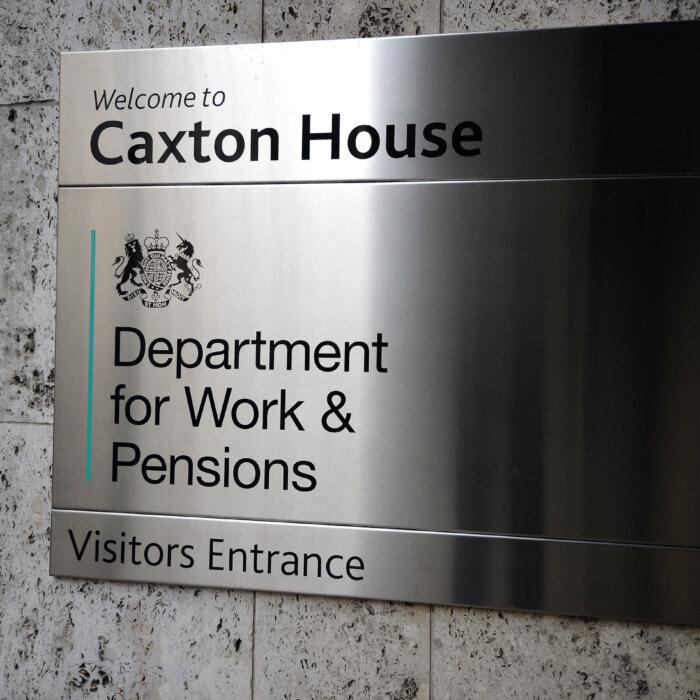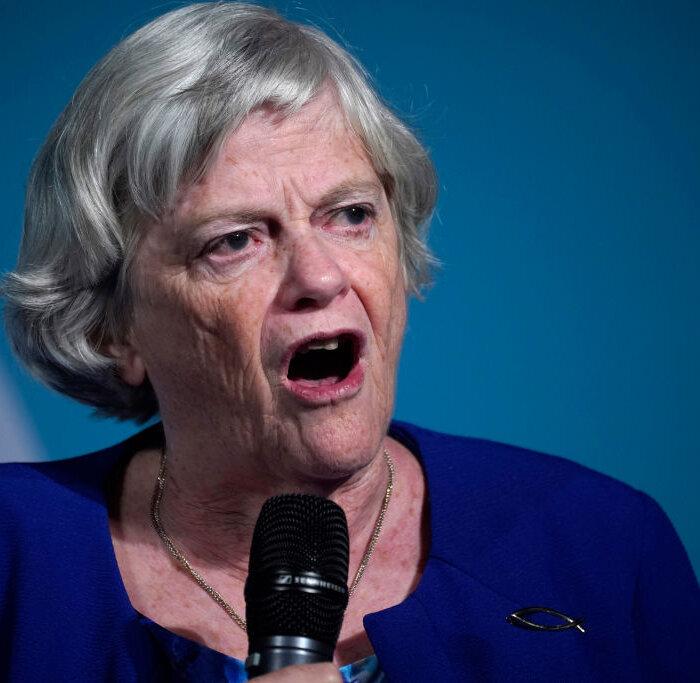The National Audit Office (NAO) says repeated delays and failures to meet deadlines means the government is set to miss targets for post-Brexit border arrangements next year despite spending £4.7 billion on the project.
In December 2020—11 months after Britain left the European Union—the government published a 2025 UK border strategy, which set out a plan to create “the world’s most effective border that creates prosperity and enhances security for a global United Kingdom” by next year.
The NAO points out the government has delayed implementation of full controls five times since the Brexit transition period ran out on Dec. 31, 2020.
It says the government forecasts it will spend on £4.7 billion on the “13 most significant programmes to manage the passage of goods across the border” and “improve performance of the border over the lifetime of the programmes.”
‘More Realistic Approach’ Needed
“The border strategy has ambitious plans to use technology and data to facilitate trade while managing risks. To achieve its objectives, government requires strong delivery and accountability—including a more realistic approach to digital transformation—together with effective monitoring to enable future improvements,” he added.The NAO said repeated delays and uncertainty have resulted in “government expenditure on infrastructure and staff that were ultimately not needed.”
There are several phases of the Border Target Operating Model.
The first—the introduction of health certificates for the importation of “medium-risk animal products, plants, plant products, and high-risk food and feed of non-animal origin” from the EU—came into force on Jan. 31, 2024.

The second—physical checks on plants and food—came into effect on April 30.
The third phase—safety and security declarations—is due to be introduced on Oct. 31.
The government has promised to reduce the amount of bureaucracy required in customs declarations.
But the NAO said importers, exporters, and haulage firms have faced “increasing additional costs and administrative burdens.”
Red Tape ‘Worryingly Complex’ for Small Businesses
He said: “New border processes have been worryingly complex and costly for SMEs. A lack of coordinated policy approach has led to confusion, and it’s right that these challenges have been highlighted in the NAO report.”“With more changes on the horizon it’s crucial that small businesses are able to plan ahead. They need clarity and certainly don’t have time to unravel confusing messages from a variety of different Whitehall departments,” added Mr. McTague.
He called on the government to ensure changes “are better planned, timetabled, and tested to ensure that operations run smoothly.”
Traders made 39 million customs declarations on goods moving between Britain and the EU in 2022.
In 2019 HM Revenue and Customs estimated completing customs declarations would result in an additional annual burden to British businesses of £7.5 billion, an estimate that has not been updated in the last five years.
The NAO also pointed out because Britain is not in the EU it lacks “awareness of impending dangers like African swine fever.”
Control of Britain’s borders, both in terms of immigration and trade, is likely to be a key battleground during the upcoming general election.
The Epoch Times has contacted the Foreign Office for comment.







